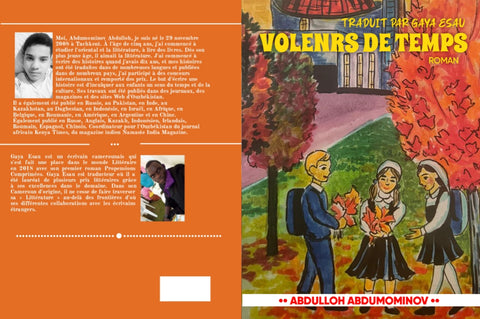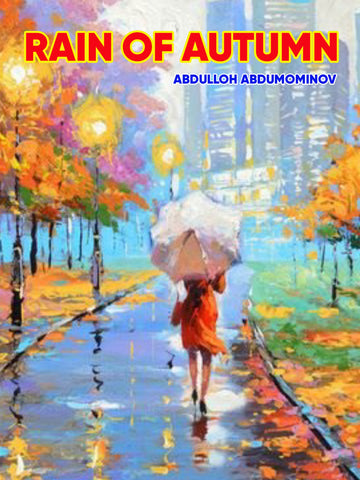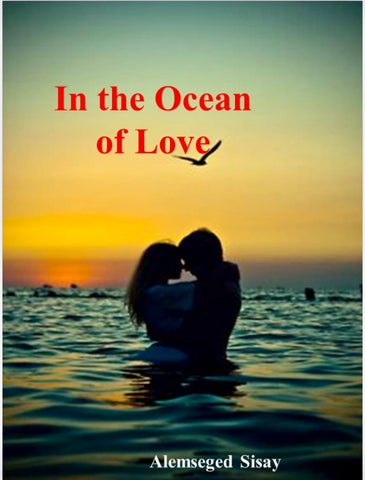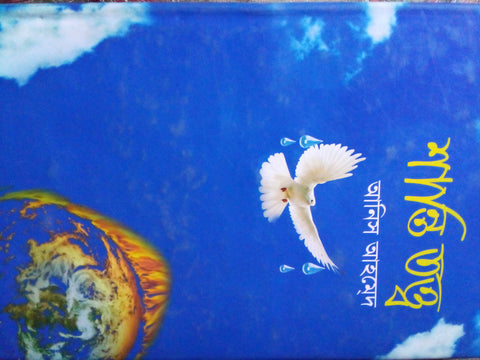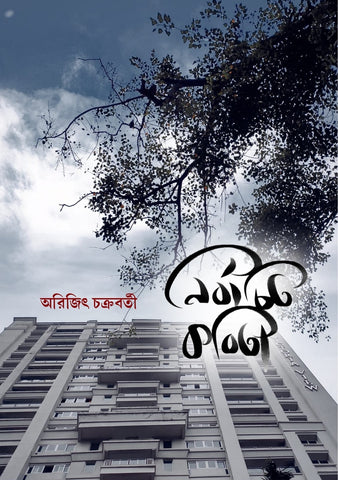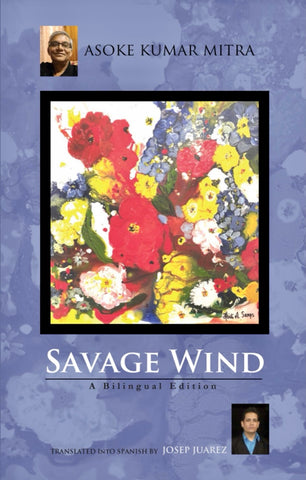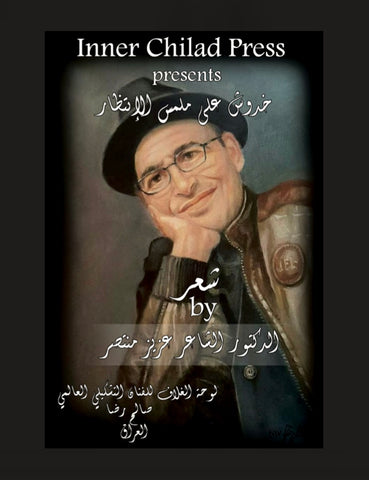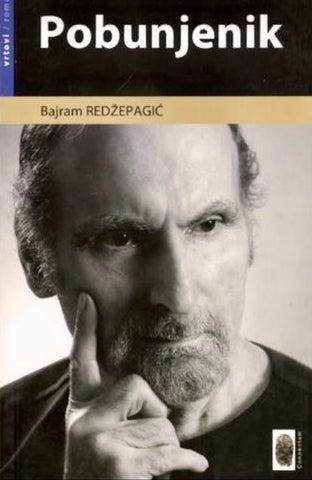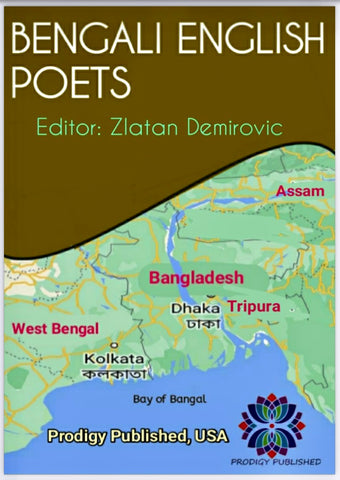Your cart is empty now.

POETRY WITHOUT BORDERS
(Sub- title )Best Poems of the World
CONTENT PAGE FOREWORD ABOUT THE ENGLISH TRANSLATORS 1. GERMAIN DROOGENBROODT 2. STANLEY BARKAN ABOUT THE HINDI TRANSLATOR JYOTIRMAYA THAKUR
76 POEMS in Hindi & English Translation.
FOREWORD
The importance of poetry translations The American poet Robert Frost asserted that poetry is what gets lost in translation. Unfortunately, that happens quite often. Linguists and literary critics might know everything about their language, but are they able to bring a poem safely from one language to the other? Izet Sarajlic, one of the most important Servo-Croatian poets (Bosnian), asked in one of his excellent poems, “Why do critics not write poetry, if they do know so much about it?” Translating poetry is recreating poetry. The Germans call it correctly nachdichten, not übersetzen. The problem is that most poets only care about the promotion of their own poetry. For poets writing in a marginal language like Dutch, to find a capable translator is in many cases impossible. Which Arab, Chinese, Korean, or even German or Italian poet-translator knows Dutch or Danish or Polish? But even excellent poets writing in French or in Spanish have not been translated. Every poetry lover knows García Lorca, because he was murdered by Franco’s followers, or Neruda, because he was a diplomat. But who knows the poetry of Miguel Hernández whose best poem can compete with Lorca’s? Who knows the poetry of the best Spanish poets of the Generation of the Fifties: José Ángel Valente or Francisco Brines, the latter who, 88 years old, just received the Premio Cervantes, the “Spanish Nobel Prize of Literature ''?
But, in spite of these difficulties, the translation of poetry, that rare firefly of literature was and remains important. How poor would be without the verses of the poets as they hold their finger at the artery of their people, write about their joys, their hopes and their misfortunes as did Homer, as did *Mahmud Darwish about the suffering of the Palestinians, Juan Gelman about the disappeared in Argentina, Paul Celan about the killing of Jews by the Nazis?
When I was fourteen, I got the bicycle I had been saving money for, a vehicle I had earned by myself, which would allow me to discover other counties. No more than two weeks later, with a friend of the same age, we left our small rural village. After cycling about 100 kilometers, we arrived at Brussels, the capital city of Belgium. To our surprise, most of the people there did nor speak Flemish but French. The next day, we drove to Holland, although with a strange accent, they spoke our language. From Holland, we drove to Germany where we camped by the Rhine, where again I noticed that no one spoke Flemish. Those experiences, the limitation of my local language, and my interest to discover other cultures and countries induced me to study languages. Studying in Brussels, I could lend books, mainly poetry, from English, French, and German libraries. I discovered the poetry of those countries and devoured books like Americans devour hamburgers. Later, by car, I visited other European countries. Having read the most important German poets, including Goethe’s Mignon, I was in love with Italy before having visited it. But, although I had already studied French, English, and German, I had problems conversing with Italians. Only a few seemed to speak English or French. So I also studied Italian, and, since I later moved to Spain, also Spanish. It has been those experiences which convinced me how important languages, including translations, are for human understanding.
Therefore, to do something, however little for a more humane world, for a better understanding between people, to offer foreign poets, especially those of hardly or rarely translated languages, the possibility to be read by Flemish and Dutch readers and to offer to these readers the possibility to read the works of modern foreign poets, I founded in 1984 a small, noncommercial publishing house, POINT (Poetry International). The title of the first book, a verse by a Korean poet, was Waves, What Shall I Do?, a selection of international modern poetry. More than 80 publications would follow: poetry from Argentine, Austria, Bosnia, Chile, Croatia, India, Iran, Korea, Mexico, Morocco, Nicaragua, Italy, Austria, Palestine, Poland, Russia, Serbia, Taiwan.
Germain Droogenbroodt
(Sub- title )Best Poems of the World
CONTENT PAGE FOREWORD ABOUT THE ENGLISH TRANSLATORS 1. GERMAIN DROOGENBROODT 2. STANLEY BARKAN ABOUT THE HINDI TRANSLATOR JYOTIRMAYA THAKUR
76 POEMS in Hindi & English Translation.
FOREWORD
The importance of poetry translations The American poet Robert Frost asserted that poetry is what gets lost in translation. Unfortunately, that happens quite often. Linguists and literary critics might know everything about their language, but are they able to bring a poem safely from one language to the other? Izet Sarajlic, one of the most important Servo-Croatian poets (Bosnian), asked in one of his excellent poems, “Why do critics not write poetry, if they do know so much about it?” Translating poetry is recreating poetry. The Germans call it correctly nachdichten, not übersetzen. The problem is that most poets only care about the promotion of their own poetry. For poets writing in a marginal language like Dutch, to find a capable translator is in many cases impossible. Which Arab, Chinese, Korean, or even German or Italian poet-translator knows Dutch or Danish or Polish? But even excellent poets writing in French or in Spanish have not been translated. Every poetry lover knows García Lorca, because he was murdered by Franco’s followers, or Neruda, because he was a diplomat. But who knows the poetry of Miguel Hernández whose best poem can compete with Lorca’s? Who knows the poetry of the best Spanish poets of the Generation of the Fifties: José Ángel Valente or Francisco Brines, the latter who, 88 years old, just received the Premio Cervantes, the “Spanish Nobel Prize of Literature ''?
But, in spite of these difficulties, the translation of poetry, that rare firefly of literature was and remains important. How poor would be without the verses of the poets as they hold their finger at the artery of their people, write about their joys, their hopes and their misfortunes as did Homer, as did *Mahmud Darwish about the suffering of the Palestinians, Juan Gelman about the disappeared in Argentina, Paul Celan about the killing of Jews by the Nazis?
When I was fourteen, I got the bicycle I had been saving money for, a vehicle I had earned by myself, which would allow me to discover other counties. No more than two weeks later, with a friend of the same age, we left our small rural village. After cycling about 100 kilometers, we arrived at Brussels, the capital city of Belgium. To our surprise, most of the people there did nor speak Flemish but French. The next day, we drove to Holland, although with a strange accent, they spoke our language. From Holland, we drove to Germany where we camped by the Rhine, where again I noticed that no one spoke Flemish. Those experiences, the limitation of my local language, and my interest to discover other cultures and countries induced me to study languages. Studying in Brussels, I could lend books, mainly poetry, from English, French, and German libraries. I discovered the poetry of those countries and devoured books like Americans devour hamburgers. Later, by car, I visited other European countries. Having read the most important German poets, including Goethe’s Mignon, I was in love with Italy before having visited it. But, although I had already studied French, English, and German, I had problems conversing with Italians. Only a few seemed to speak English or French. So I also studied Italian, and, since I later moved to Spain, also Spanish. It has been those experiences which convinced me how important languages, including translations, are for human understanding.
Therefore, to do something, however little for a more humane world, for a better understanding between people, to offer foreign poets, especially those of hardly or rarely translated languages, the possibility to be read by Flemish and Dutch readers and to offer to these readers the possibility to read the works of modern foreign poets, I founded in 1984 a small, noncommercial publishing house, POINT (Poetry International). The title of the first book, a verse by a Korean poet, was Waves, What Shall I Do?, a selection of international modern poetry. More than 80 publications would follow: poetry from Argentine, Austria, Bosnia, Chile, Croatia, India, Iran, Korea, Mexico, Morocco, Nicaragua, Italy, Austria, Palestine, Poland, Russia, Serbia, Taiwan.
Germain Droogenbroodt
You may also like
Contrary to popular belief, Lorem Ipsum is not simply random text. It has roots in a piece of classical
Translation missing: en.general.search.loading

